Get Expert Advice from Top Surgeons! Schedule Your Consultation.
Your Journey to Parenthood Starts with Nature’s Rhythm
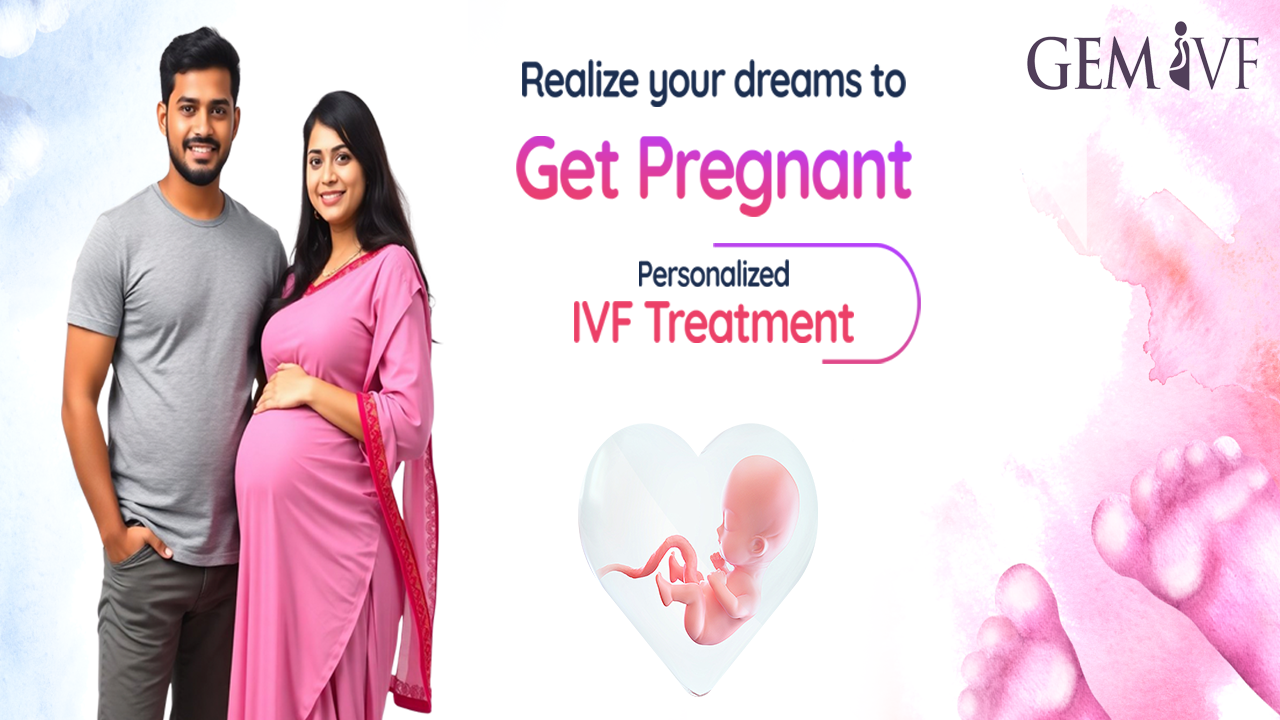
At GEM, we believe in the power of nature and the body’s innate ability to conceive. Led by Dr. Sai Darshini M.S , OG – Fellow in Endo gynecology, Fellow in Reproductive Medicines, a compassionate fertility specialist with years of experience, our center is dedicated to helping couples achieve pregnancy in the most natural, least invasive way possible.
-
Trusted Expertise
-
Precise Diagnostics
-
Advanced Treatments
-
Quality Care
-
24/7 Assistance
Why Choose Us? Because We Prioritize Natural Conception First
Unlike many centers that rush to advanced treatments, Our consultants believes in starting with the basics — gently guiding your body and hormones toward optimal fertility. Our first approach is always to explore and enhance natural conception before suggesting assisted reproductive techniques.

Our Natural First-Line Treatments Include:
Ovulation Induction
We help regulate and stimulate ovulation through safe, personalized medication protocols — ensuring your body releases eggs at the right time.
Timed Intercourse Guidance
Understanding your fertile window is essential. We provide expert guidance on timing intercourse to align with ovulation, increasing your chances naturally.
Lifestyle & Hormonal Optimization
We assess and address stress, sleep, nutrition, thyroid function, and hormonal balance — all of which play a vital role in fertility.
Cycle Monitoring & Ultrasound Tracking
With gentle, non-invasive monitoring, we track your cycle and follicular development, giving you clarity and confidence at every step.
Personalized. Patient-Centered. Rooted in Care.
At GEM, you're not just a patient — you’re a partner in your own care. Our consultants take the time to listen, understand your unique journey, and craft a plan that respects your values, your body, and your dreams.
Whether you're just starting or have been trying for a while, let us help you explore every natural possibility with compassion and medical expertise.
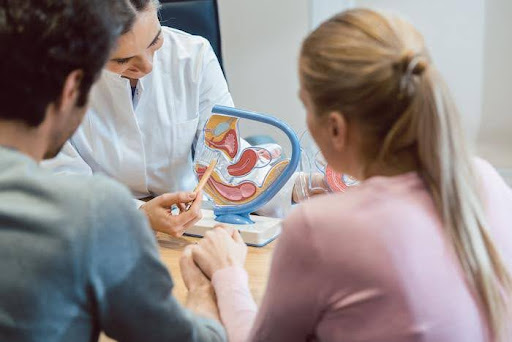
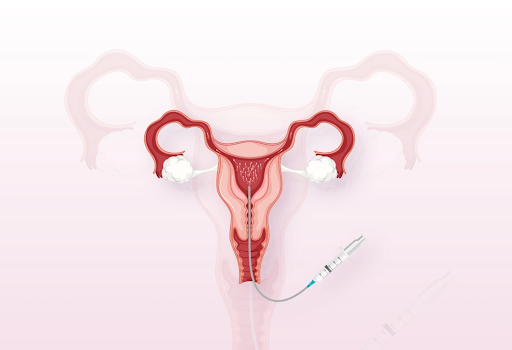
IUI - Intrautrine Insemination
A Stepwise Path That Respects Your Body
At GEM centre, you won’t be rushed into expensive or invasive procedures. Our clinical Experts carefully evaluates each couple's unique situation and begins with the simplest, most natural options — offering IUI only when it's the most appropriate next step.
Intrauterine Insemination (IUI) is a simple, safe, and commonly used fertility treatment that gives sperm a better chance of reaching and fertilizing an egg.
During this procedure, carefully washed and concentrated sperm are placed directly into a woman’s uterus around the time of ovulation - when she is most fertile. This increases the number of healthy sperm that reach the Fallopian tubes, improving the chances of natural fertilization. IUI process includes Ovulation Monitoring, Sperm preparation, Insemination, Post Insemnitaion Care.
ICSI - Intra Cytoplasmic Sperm Injection
"One sperm, one egg, new life. ICSI: Empowering dreams of parenthood, with precision and care."
At GEM IVF, our embryology lab uses advanced micro manipulation technology and highly experienced specialists to perform ICSI with the utmost precision and care. Our Doctor ensures each couple receives a Tailored treatment plan, balancing science with compassion.
Whether you're facing male / female factor infertility or previous IVF challenges, ICSI may be the solution that brings you one step closer to your dream of parenthood.
ICSI is an advanced form of IVF (In Vitro Fertilization) where a single healthy sperm is directly injected into a mature egg in the laboratory to help achieve fertilization.
It is a highly precise technique used when there are issues with sperm quality or previous failed fertilization attempts. ICSI gives couples the best chance of fertilization when natural methods or traditional IVF may not work.
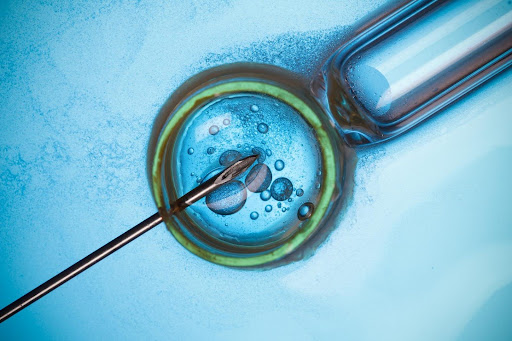
ICSI is commonly recommended in cases such as:
-
Advanced Maternal Age
-
Poor Egg Quality/ Low Ovarian Reserve
-
Tubal Block
-
Very low / No sperm count
-
Poor sperm motility
-
Abnormal sperm shape (morphology)
-
Blockages in the male reproductive tract (e.g., vasectomy or absence of sperm in semen)
-
Use of frozen or surgically retrieved sperm (such as TESA/PESA)
-
Unexplained infertility, especially after failed attempts with IUI or IVF
ICSI with Donor Gametes
"Gifts of love, shared with care. Our Donor Program: Helping you build the family you've always dreamed of."

Donor Oocyte
This is an advanced fertility treatment in which eggs from a healthy, medically-screened donor are fertilized with sperm (either from the husband/partner or a donor) using Intra cytoplasmic Sperm Injection (ICSI). The resulting embryos are then transferred to the intended mother's uterus (or a surrogate, if needed).
This treatment is a wonderful option for women who are unable to conceive using their own eggs due to age, low ovarian reserve, or genetic concerns — while still allowing them to carry and give birth to a child.
ICSI with donor eggs may be advised in the following cases:
-
Poor Egg Quality or Low Ovarian Reserve
-
Common in women over 40 or with premature ovarian failure
-
Repeated IVF Failures
-
When previous IVF attempts with own eggs have not resulted in viable embryos or pregnancy.
-
Early Menopause / Premature Ovarian Insufficiency
-
When the ovaries stop functioning before age 40
-
Genetic Disorders
-
When there's a high risk of passing on inherited conditions through the mother’s eggs
-
Surgical or Medical Removal of Ovaries
-
For example, due to cancer or endometriosis
-
Certain Medical Conditions
-
Such as Turner Syndrome or autoimmune disorders affecting ovarian function
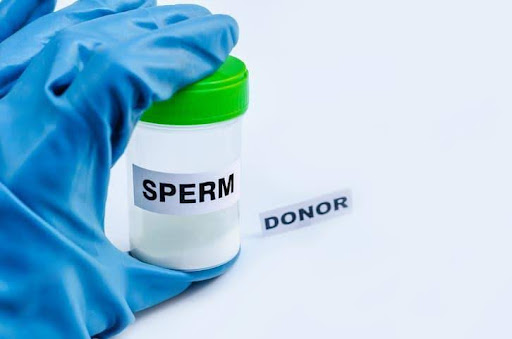
Donor Sperm
This fertility treatment where ICSI (Intracytoplasmic Sperm Injection) is performed using donor sperm instead of the male partner’s sperm. A single, healthy donor sperm is directly injected into each mature egg to achieve fertilization in a controlled laboratory setting.
This advanced method is used when there is no viable sperm from the male partner.
Donor ICSI may be advised in the following situations:
-
Azoospermia (No sperm in semen)
-
When no sperm is found in the ejaculate and surgical retrieval is not possible or has failed
-
Severe Male Factor Infertility
-
Extremely poor sperm quality or genetic issues in the male partner
-
Genetic Concerns
-
Failed Sperm Retrieval
-
After failed attempts to retrieve sperm (TESA/PESA), donor sperm may be the next step
-
Previous Fertilization Failure with Donor IUI or IVF
-
When fertilization did not occur with conventional IVF or donor IUI, ICSI increases success chances.
Cryopreservation
Cryopreservation is the medical process of freezing and storing reproductive cells — such as sperm, eggs (oocytes), or embryos — at very low temperatures (-196°C) in liquid nitrogen to preserve their viability for future use.
It is a safe and widely used method in fertility treatment, allowing individuals or couples to plan for pregnancy later in life or preserve their fertility for medical or personal reasons. This allows flexibility in planning Fertility & Preserves reproductive potential in cancer patients or those with premature ovarian failure
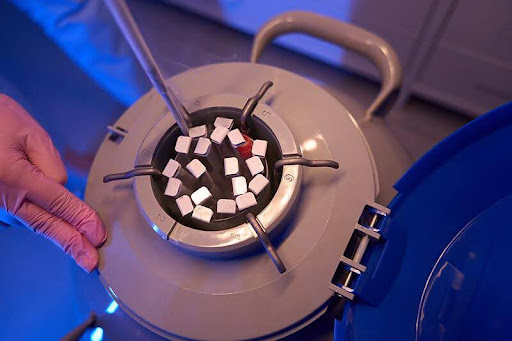
Cryopreservation reduces physical and emotional burden in future IVF cycles. Modern freezing techniques like vitrification (ultra-rapid freezing) offer high survival rates and excellent clinical outcomes.
Types of Cryopreservation:
Egg Freezing (Oocyte Cryopreservation)
Ideal for women who want to preserve their fertility before,
-
Cancer treatment (chemotherapy/radiation)
-
Delaying childbearing for personal or career reasons
-
IVF cycles with extra eggs
Sperm Freezing
Suitable for men who:
-
Need to undergo cancer treatment or surgery
-
Have difficulty producing a sample on the day of IVF/IUI
-
Want to preserve fertility before vasectomy
Embryo Freezing
After IVF or ICSI, excess high-quality embryos can be frozen for:
-
Future pregnancy attempts
-
Avoiding repeated ovarian stimulation
-
Embryo transfer in a future cycle (Frozen Embryo Transfer - FET)
-
Before chemotherapy, radiotherapy, or other fertility-impacting treatments
-
As part of IVF/ICSI cycles to store extra embryos
-
For fertility preservation due to age or medical conditions
-
In cases where timing embryo transfer isn’t ideal (e.g., endometrial preparation is delayed)
PGT - Preimplantation Genetic Testing
"Genetically screened, lovingly chosen. PGT: Maximizing the chances of a healthy pregnancy."
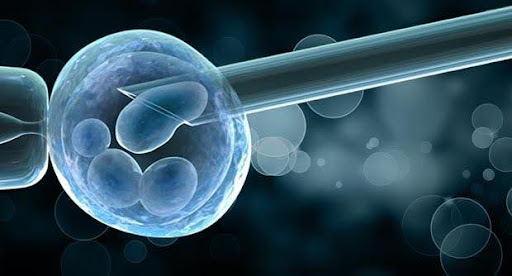
Preimplantation Genetic Testing (PGT) is an advanced technique used during IVF treatment to check the genetic health of embryos before they are transferred to the uterus. It helps identify embryos that are free of specific genetic disorders or chromosomal abnormalities which helps in reducing the risk of miscarriage, avoid transmission of inherited diseases, improves the success rates & increases the chances of a healthy pregnancy.
Types of PGT
There are three main types of PGT, depending on the patient’s needs:
1. PGT-A (Aneuploidy Screening)
-
Checks for an abnormal number of chromosomes (too many or too few)
-
Helps select embryos with normal chromosome numbers.
-
Often used in women of advanced maternal age or with repeated IVF failures/miscarriages
2. PGT-M (Monogenic/Single Gene Disorders)
For couples with a known risk of passing on inherited conditions like:
-
Thalassemia
-
Cystic fibrosis
-
Sickle cell anemia
-
BRCA mutations
-
Ensures only unaffected embryos are transferred
3. PGT-SR (Structural Rearrangements)
-
Detects problems like translocation or inversions in chromosomes
-
Helpful in couples with a history of recurrent miscarriages or known chromosomal rearrangement.